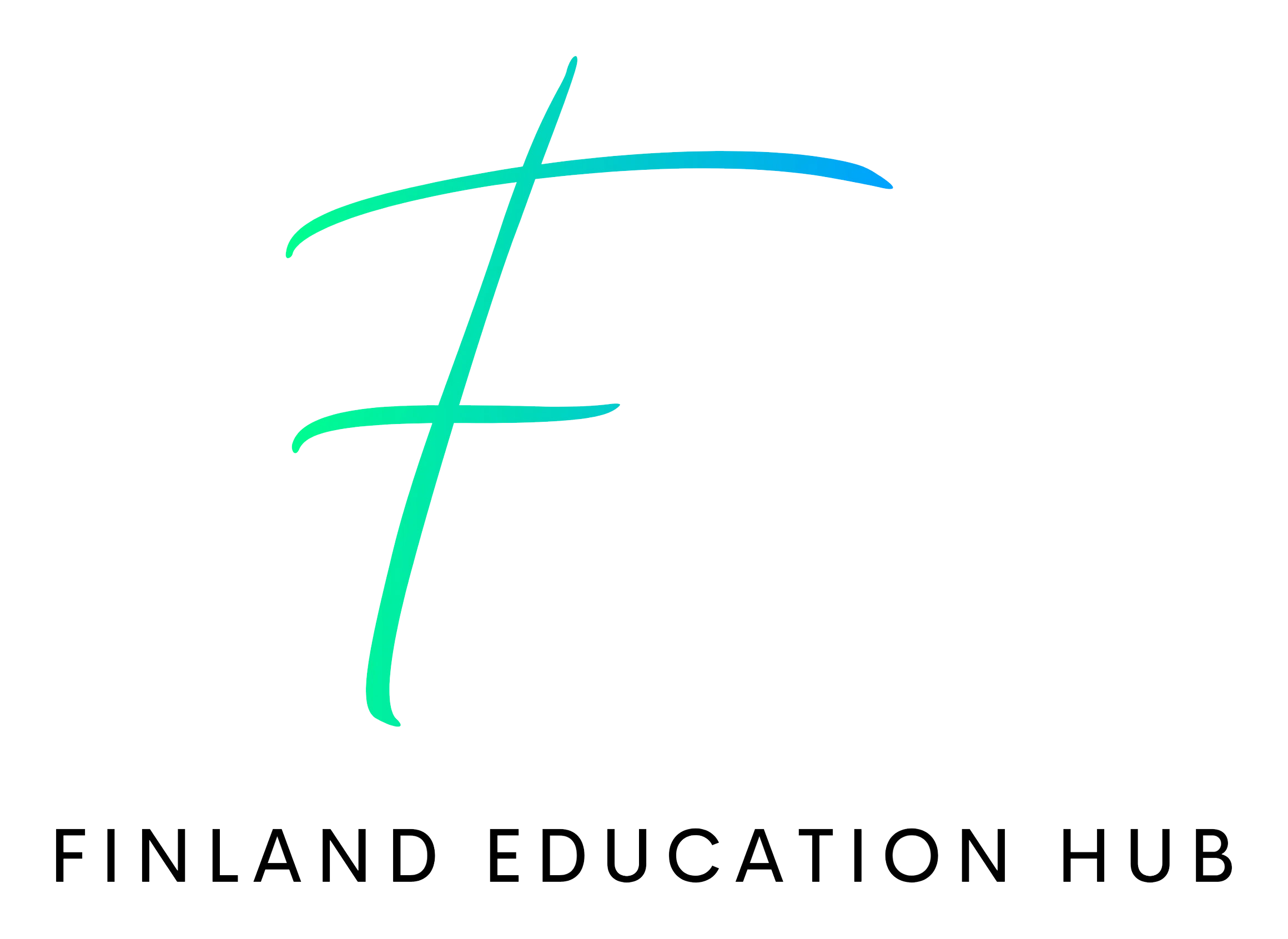Nurturing Wellbeing: Transforming Assessments into Positive Student Experiences
Have you ever wondered how assessments can become more than just a measure of academic progress? In the spirit of fostering student wellbeing, let’s explore an educational paradigm inspired by the Finnish Education System. How can assessments not only gauge learning but also contribute to a positive and holistic student experience?
-
Shifting from Competition to Collaboration:
In Finland, the emphasis is on collaborative learning rather than fostering a competitive environment. Assessments are designed to promote teamwork, encouraging students to work together to solve problems. This shift from individual achievement to collective success not only reduces stress but also instills a sense of community and support among students.
-
Embracing Formative Assessments:
The Finnish approach prioritizes formative assessments, focusing on continuous feedback rather than relying solely on summative evaluations. This ongoing feedback loop allows teachers to understand individual learning needs, providing timely support to students. By shifting the focus from grades to learning progress, assessments become a tool for improvement rather than a source of anxiety.
-
Personalized Learning Paths:
Finland’s commitment to personalized learning extends to assessments. Tailoring assessments to suit students’ individual strengths, interests, and learning styles ensures a more positive and engaging experience. By recognizing and accommodating diverse talents, students are empowered to showcase their capabilities in ways that resonate with them personally.
-
Stress-free Environment:
Unlike high-stakes exams that induce stress, Finnish assessments are designed to create a relaxed and comfortable environment. The goal is to eliminate unnecessary pressure, allowing students to demonstrate their true understanding of the material without the burden of excessive stress. This approach contributes significantly to student mental health and overall wellbeing.
-
Real-world Application:
Finnish assessments often involve real-world scenarios and practical applications of knowledge. This approach connects theoretical learning to practical skills, making assessments more relevant and meaningful for students. The integration of real-world applications not only enhances engagement but also prepares students for life beyond the classroom.
-
Encouraging Reflective Practices:
Reflection is a cornerstone of the Finnish Education System. Students are encouraged to reflect on their learning journey and assess their own progress. This metacognitive approach not only fosters a sense of responsibility for one’s learning but also turns assessments into opportunities for self-discovery and growth.
-
Minimizing Standardized Testing:
In Finland, the reliance on standardized testing is minimal. The focus is on assessing a broad range of skills and competencies rather than a narrow set of predetermined criteria. This broader approach to assessments allows for a more comprehensive understanding of students’ abilities and avoids the limitations often associated with standardized tests.
-
Celebrating Diversity:
The Finnish system celebrates diversity in learning styles, abilities, and backgrounds. Assessments are designed to accommodate diverse talents and recognize the value each student brings to the learning community. By embracing and celebrating differences, assessments become a tool for inclusivity and affirmation.
-
Flexible Assessment Formats:
The Finnish approach acknowledges that students possess diverse talents that may not always be accurately measured through traditional assessments. Therefore, assessments often come in flexible formats, allowing students to choose mediums that align with their strengths. Whether it’s a written essay, a project presentation, or a hands-on demonstration, flexibility in assessment formats ensures that every student has an opportunity to shine.
-
Encouraging Growth Mindset:
Finnish educators foster a growth mindset, emphasizing the belief that intelligence and abilities can be developed through dedication and hard work. Assessments are framed as checkpoints on a learning journey rather than definitive judgments of inherent abilities. This mindset shift encourages students to see challenges as opportunities for growth, turning assessments into positive milestones in their educational progression.
Conclusion: A Positive Evolution in Education
In reimagining assessments as a positive force in student wellbeing, the Finnish Education System offers a compelling blueprint. Let’s forge ahead with a mindset that views assessments as opportunities for learning, growth, and the nurturing of diverse strengths. Inspired by Finland’s holistic approach, our education landscape can shift towards a paradigm that values individuality, minimizes stress, and fosters collaborative teacher-student relationships. As we embark on this transformative journey, let’s seize the opportunity to create an education hub that not only measures academic progress but also prioritizes the wellbeing and holistic development of our students. Together, we can build a future where assessments contribute to a positive and enriching educational experience for every learner. Contact us to know more about the Finland Education System.

